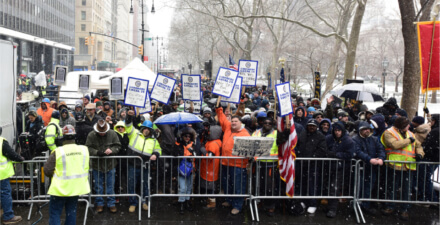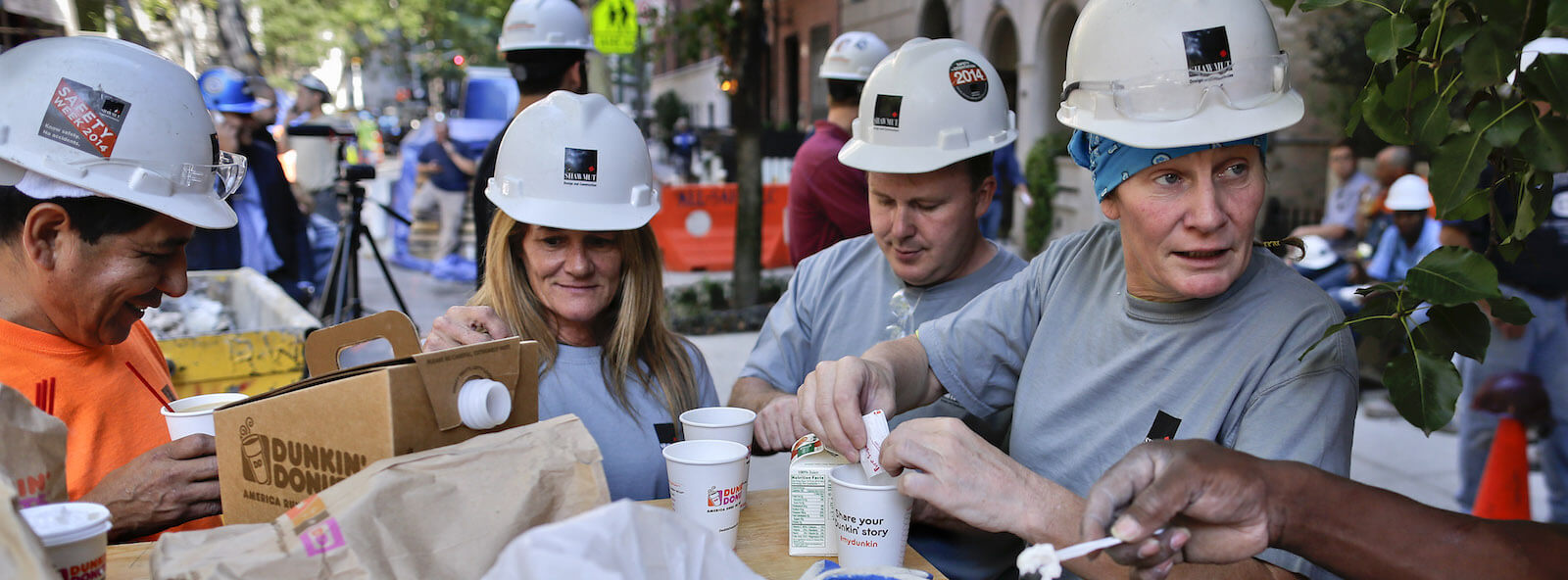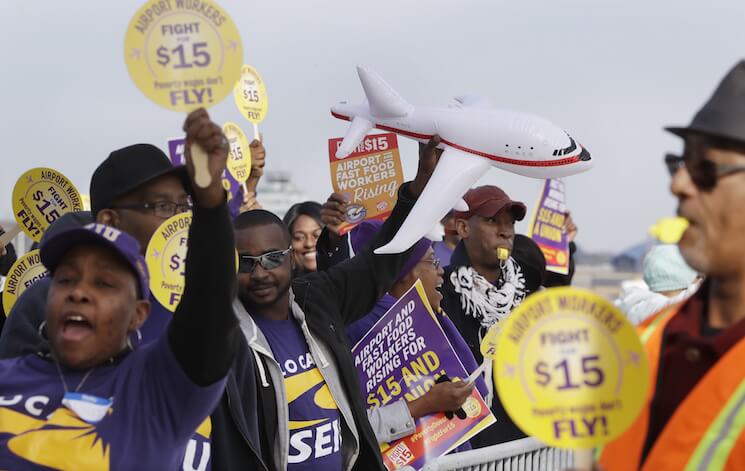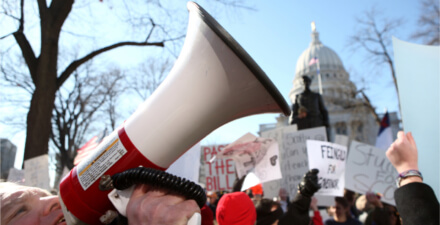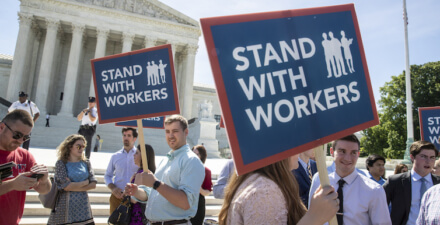How U.S. Workers Think About Workplace Democracy: The Structure of Individual Worker Preferences for Labor Representation
WP-Workplace-Democracy-Hertel-Fernandez Kimball-Kochan
Authors:
Alexander Hertel-Fernandez, Columbia University
William Kimball, Massachusetts Institute of Technology
Thomas Kochan, Massachusetts Institute of Technology
Abstract:
Although never as powerful as in other advanced democracies, unions remain incredibly important economic and political organizations in the United States. Yet we know little about the structure of workers’ preferences for labor unions or other alternative labor organizations. We report the results of a conjoint experiment fielded on a nationally representative sample of over 4,000 employees. We explore how workers’ willingness to join and financially support labor organizations varies depending on the specific benefits and services offered by those organizations. While workers value some aspects of traditional American unions very highly, especially collective bargaining, they would be even more willing to join and support organizations currently unavailable under U.S. law and practice. We also identify important cleavages in worker support for labor organizations engaged in politics and strikes. Our results shed light on the politics of labor organization, as well as civic association and membership more broadly.

